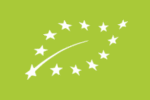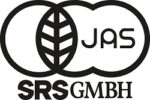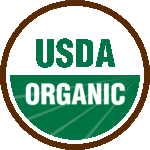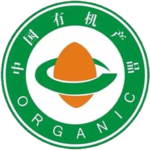Below are links to a number of widely-known and broadly applied organic standards.
Products which shall be labelled as organic in a country (e.g. USA, Japan, …) or region (e.g. EU) must be produced according to the respective standard.
We already offer certification for the following standards:

EU Organic Regulations: SRS Organic Standard has been recognised by the EU Commission for offering certification equivalent to the EU organic regulations (Regulation (EC) No 834/2007 and its implementation rules Regulation (EC) No 889/2008). We offer this service in all countries listed in Regulation (EU) No 2021/2325.
As of January 2025, only Regulation (EU) 2018/848 will be applicable for third countries. We offer this service in all countries listed in Regulation (EU) No 2024/2794. See the linked table for products listed in Annex 1 of Regulation (EU) 2018/848, for which we accept applications for certification.
Our equivalent SRS Organic Standard continues to be valid until the end of 2025 for exporters from China and Taiwan to Great Britain.
EU certification involves inspection of your organic operation sites, including subcontractors, certification of organic products and the issuance of transaction documents for organic trade, so-called Certificates of Inspection (CoI).

JAS: Japanese Organic Standards are rules for the agriculture and food industry, maintained by the Japanese Government. It provides the standards for certified organic products for the Japanese market. It is made up of a set of documents with Notifications for Production, Processing and Re-Packing, as well as Technical Criteria for personnel involved in organic operations and their duties.

NOP/USDA: Stands for the National Organic Program 7 CFR Part 205, a regulatory program of the United States Department of Agriculture (USDA) Agriculture and Marketing Service. NOP is responsible for developing and enforcement of the US Standards for organic agricultural products.

The China Organic Product Standard GB/T 19630-2019 contains the rules all products that shall be placed on the Chinese market as organic, must be produced and certified against. We recommend contacting our sister company – SRS (Shanghai) Certification Co., Ltd 上海时迎认证服务有限公司 – who is accredited for this standard, if you are interested in getting certified for Chinese Organic Standard GB/T 19630-2019.